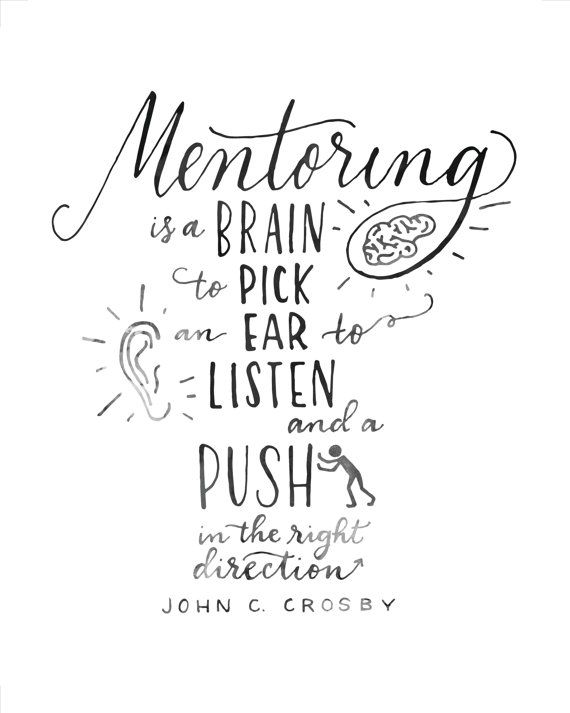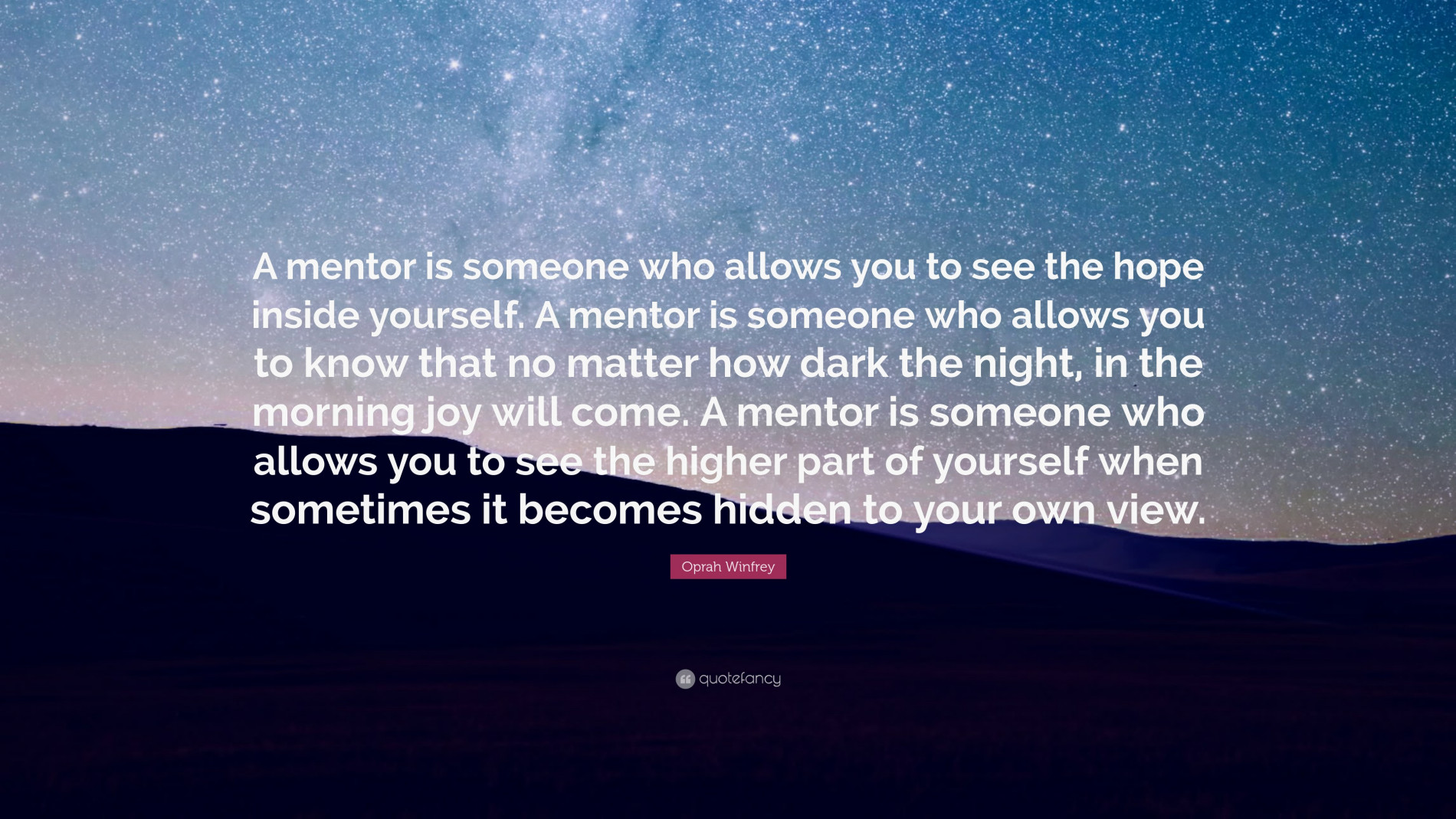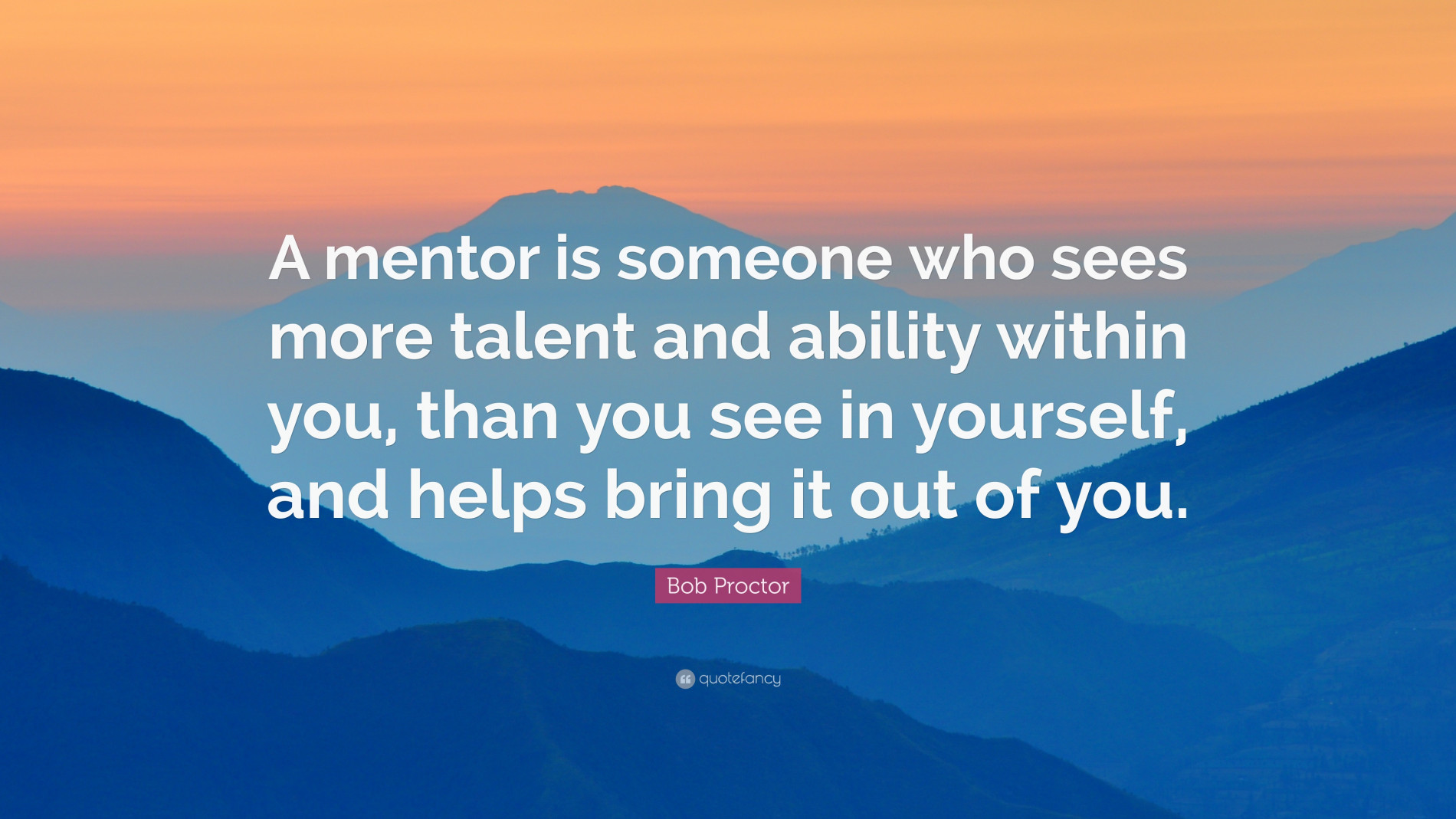Why Coaching and Mentoring Matters: Success Isn’t Accomplished Alone
Successful leaders tend to share one thing in common.
When we look at the likes of Richard Branson, Sheryl Sandberg, Jeff Bezos, GM CEO Mary Barra, Bill Gates – there’s a pattern.
It isn’t their leadership style, their education or their background.
All of these leaders had mentors, and sought to mentor others.
There is a place for coaching and mentoring in every industry. In a time where the 50-year linear career path has become all but non-existent, the role of structured professional development has never been more important.

What is coaching and mentoring?
When people say “coach” or “mentor”, they often picture a Mr Miyagi-type master of their craft counselling and training a rugged young upstart hungry for a challenge.
In reality, coaching and mentorship is a lot less like Hollywood.
Instead, coaching and mentoring focuses on fostering development, sharing insights and transferring knowledge from one more experienced professional to another. It’s not always pretty and it’s almost never easy; but it is rewarding for both coach/coachee and mentor/mentee.
What are the differences?
While coaching is often focused on business performance, attitudes and behaviours and organisational change, mentoring is often focused on career development, helping a mentee navigate transitions and building networks.
People throughout all points of their career can benefit from a coaching and mentoring relationship – it’s not limited to a stage in your career or a time in your life. This relationship can be facilitated within a workplace or organisation, or in an informal setting.
Why coach or mentor?
The truth is – it works. Studies have found that mentoring has significant motivational, attitudinal, behavioural, health, relational and career benefits for a mentee.
But the benefits aren’t just limited to those being mentored.
From her background in coaching, our Director Kristine Berry recognises the positive impact that the mentoring process can have in a mentor’s life. Mentoring and coaching encourage a level of introspection you may not find yourself practicing day-to-day. When you understand how to invest in someone’s professional and personal growth in a structured and deliberate way, you unlock a critical skill that is essential for effective leadership.
The best leaders aren’t all about winning. They’re the ones who help others to win.
As leaders, it is our responsibility to look for informed opportunities to make a difference.
From our experiences in recruitment and learning and development in PNG, we consistently see a need for training and development across the board. In our 2020/21 salary survey, across every industry we surveyed, the majority of our respondents highlighted a need for training and development in interpersonal, leadership and technical skills.
For us, this cemented the need to find opportunities to coach and mentor, and incorporate this style of thinking into Coaching & Mentoring programs for our clients.
Where do you start?
Once you’ve found a formal program to participate in (or formed your own arrangement), one of the first steps in your mentoring journey is setting realistic expectations.
A mentor can be a coach, an encouragement, a sounding board for ideas and a guide.
But there is a limit.
Your role isn’t to counsel, to work as a consultant for free or to solve your mentee’s problems for them.
When you are genuinely invested in your mentee and their success, this can be more difficult than it sounds. But an integral part of the mentor-mentee relationship is setting mutual expectations and sticking to them.
What to cover before the first session
Expectations will vary for every mentoring relationship, however some common themes that should be pursued across the board are openness, confidentiality and the willingness to follow through.
Without these elements, the mentoring relationship can become very complicated very quickly. The process of setting expectations can begin before the first session.
Ask your coachee or mentee to create three expectations of their own – what do they hope to get out of the mentoring relationship? What do they expect of themselves?
Ensure you write down expectations of your own, including the amount of time you are willing to commit to the relationship, preferred forms of contact and the suggested frequency of your meetings.
Draft up (or find an online version) of a mentoring agreement that covers:
- Expectations
- Role of mentor
- Role of the mentee
- An approach to confidentiality and protection of sensitive information shared
- Agreed meeting times and contact methods
- The duration of the relationship (if applicable)
When you are together, you can discuss the agreement and ensure you’re on the same page. This agreement is an essential part of building rapport, so the majority of the first meeting will be spent discussing this agreement and laying ground rules.


